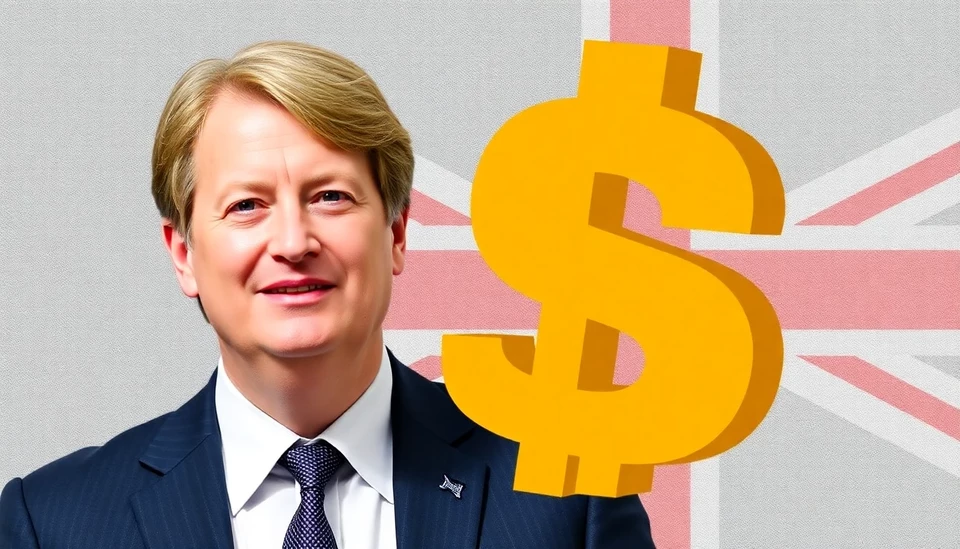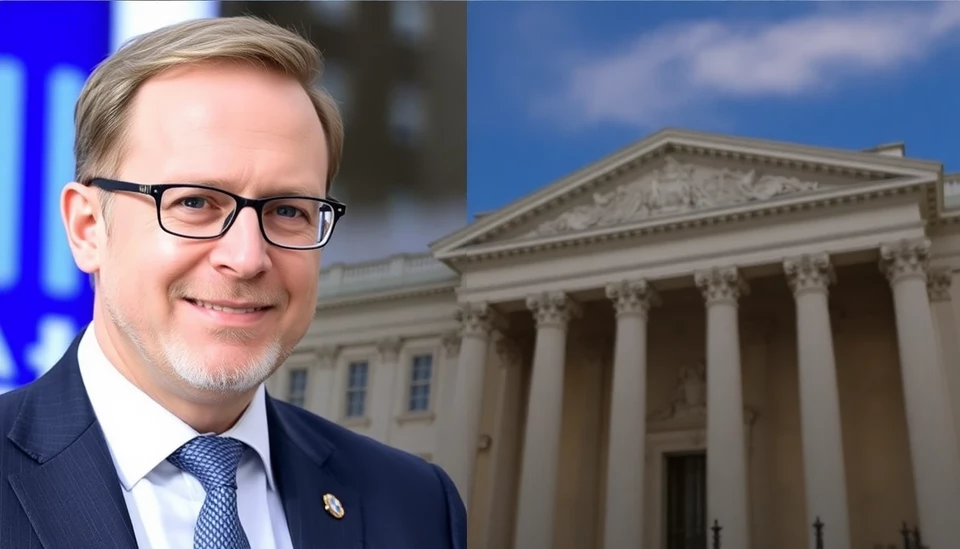
In a significant fiscal announcement that has captured the attention of investors and economists alike, UK Chancellor of the Exchequer Rachel Reeves has unveiled plans to increase the capital gains tax. This decision aims to bolster public finances while affirming the UK’s commitment to maintaining a competitive investment landscape.
Reeves, during her budget presentation on October 30, articulated the necessity of this hike as a means to address ongoing economic challenges post-pandemic, including high inflation and public spending demands. The proposed adjustments to capital gains tax are designed not only to increase revenue but also to ensure fair contributions from high earners, thereby aiming for a more equitable taxation structure.
The specifics of the capital gains tax hike signal a shift in the UK’s fiscal policy approach, impacting individual and corporate investments across various sectors. Notably, the move comes at a time when the government is grappling with the dual pressures of stimulating economic growth while ensuring fiscal responsibility. Reeves emphasized that the UK remains one of the most attractive places for investment, despite the increase, arguing that strategic investments in technology and innovation are vital for sustaining long-term economic health.
Reeves' strategy illustrates a broader aim to attract and facilitate investment while simultaneously ensuring that the richest individuals contribute a fairer share to the economy. Analysts suggest that these tax reforms may have mixed reactions within the investment community, with some hailing the need for a balanced approach to taxation, while others express concerns about the potential dampening effect on investor confidence.
Furthermore, the Chancellor reassured the public and business leaders that the government will implement measures to support small and medium-sized enterprises (SMEs) that may feel the brunt of these changes. Included in her address were plans to simplify tax compliance processes for smaller businesses, aiming to mitigate negative impacts and encourage growth within this critical sector.
In the wake of these announcements, it remains to be seen how the market will react to the capital gains tax adjustment. The government plans to engage in further discussions with stakeholders to refine the specifics of the plan and assess any potential implications on the UK’s overall economic trajectory.
As the UK government works towards implementing these new fiscal strategies, the spotlight will undoubtedly remain on Chancellor Reeves and her ability to navigate the complexities of modern fiscal policy while striving for economic competitiveness and growth.
In conclusion, the increase in capital gains tax signifies not merely a shift in tax policy, but a broader vision for the UK's economic future—one that aims to balance the scales of equity and growth within an increasingly competitive global market.
#UKTaxPolicy #CapitalGainsTax #RachelReeves #EconomicStrategy #InvestUK #FiscalResponsibility #SMEsSupport #PublicFinance
Author: Laura Mitchell

